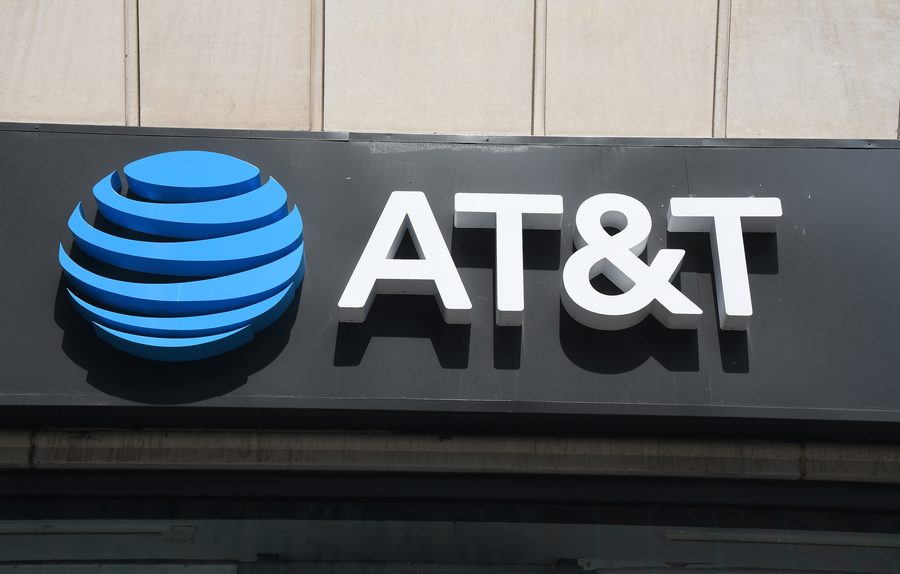We’ve been pretty hard on the cable and telecom industries for all the sneaky fees they like to tack onto bills in a variety of ways, such that their inscrutable nature is one reason people so despise the companies and long for a much simpler relationship and pricing structure. Just when you think you’ve seen it all, though, something else comes along to prove you wrong. In this case, it’s a fee AT&T is reportedly charging business Internet customers, and it will definitely elicit some frustrated groans.
The fee at issue here is what’s apparently called a “property tax” fee that AT&T has been charging those customers for Internet access, with the company claiming it needs to recoup that money so it can pay its property taxes. That’s according to Ars Technica, which reports that AT&T has been charging the fee for at least a couple of years — and recently implemented an increase of that fee in California, more than doubling it.
The publication cites a bill from Scott Phillips, who owns a business in Santa Clarita, Calif., called Valley View Media. He signed up for AT&T fiber Internet service at a cost of $95/month, with his documentation stating that price “includes taxes and fees.” But then came his first bill back in July, which included a portion that reads:
Effective October 1, 2019, there will be an increase in the AT&T Cost Assessment Charge used to recover AT&T property taxes. The monthly rate will change from 2.92% to 7.00% of your total AT&T Business Internet, Phone and/or U-verse TV monthly charges. This charge is not a tax or fee that the government requires AT&T to collect from its customers.
Sure enough, once his October bill arrived that 7% increase in the “property tax fee” added another $6.65 to the $95 monthly price he’s paying.
“Don’t you wish you could pass on the cost of your property taxes to your clients?” Phillips told Ars. “I sure wish I could. But we both know that’s really not ethical.”
Again, the increase is new, but it doesn’t seem the fee itself is. There’s at least one Reddit thread already, from back in 2017, complaining about it. It certainly begs the question of why this fee is passed along at all and deliberately labeled as such, rather than AT&T simply incorporating it into its operating costs, the same way it pays anything from its employee health care to electricity costs for its facilities.
Not that it will provide much comfort, but here’s the statement AT&T gave in response to questions about this fee: “Like others in the industry, we regularly evaluate and adjust our prices based on the costs to deliver our services, as well as costs associated with government and regulatory mandates. We communicated these changes to our customers and will continue to work with them to best meet their needs.”
The other thing to note is that this fee for business customers is state-specific. According to the company, some customers saw their rates increase, though others saw their rate go down. The charge also covers local number portability costs.







